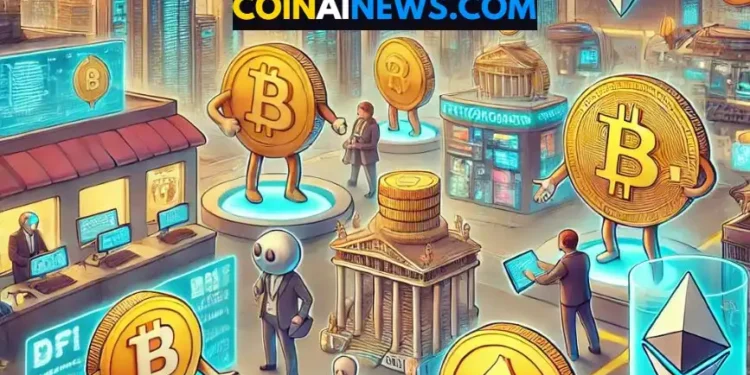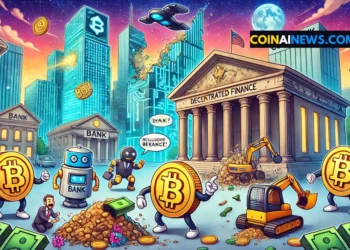Decentralized Finance: The Future of Financial Systems
Decentralized Finance, or DeFi, is transforming the financial industry by leveraging blockchain technology to create open, accessible, and transparent financial systems. In this article, we explore how DeFi is shaping the future of finance.
Introduction to DeFi
Decentralized Finance, commonly known as DeFi, represents a shift from traditional, centralized financial systems to platforms built on blockchain technology. This introduction explores what DeFi is and why it’s gaining traction.
What is Decentralized Finance (DeFi)?
Decentralized Finance refers to a set of financial applications built on blockchain technology, aiming to replace traditional banking systems. DeFi enables peer-to-peer transactions without intermediaries, fostering transparency and inclusivity.
Key Features of DeFi
1. Accessibility
DeFi platforms are accessible to anyone with an internet connection, eliminating geographical and economic barriers.
2. Transparency
Blockchain technology ensures all transactions are publicly recorded, enhancing accountability.
3. Security
Decentralized systems reduce the risk of fraud and single points of failure, making them more secure.
How DeFi Works
DeFi operates using smart contracts—self-executing contracts with predefined terms written into code. These contracts enable various financial services, including lending, borrowing, and trading, without intermediaries.
Popular DeFi Applications
1. Decentralized Exchanges (DEXs)
DEXs allow users to trade cryptocurrencies directly, without a central authority.
2. Lending and Borrowing Platforms
Users can lend their assets to earn interest or borrow funds using their crypto as collateral.
3. Stablecoins
Stablecoins are cryptocurrencies pegged to fiat currencies, providing stability in volatile markets.
Benefits of DeFi
- Financial Inclusion: Offers access to financial services for the unbanked population.
- Lower Costs: Eliminates fees associated with traditional banking systems.
- Greater Control: Users have full control over their assets without relying on third parties.
Challenges Facing DeFi
Despite its advantages, DeFi faces several challenges:
- Scalability: Current blockchain networks struggle with high transaction volumes.
- Regulation: The lack of clear regulatory frameworks poses risks for users.
- Security Risks: Vulnerabilities in smart contracts can lead to exploits.
The Future Outlook of DeFi
What might the future hold for DeFi:
- Integration with Traditional Finance: Blending blockchain with existing financial systems.
- Improved User Experience: Making DeFi as intuitive as traditional banking.
- Regulation: Development of regulations to ensure stability and compliance.






